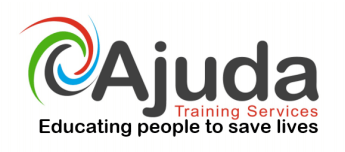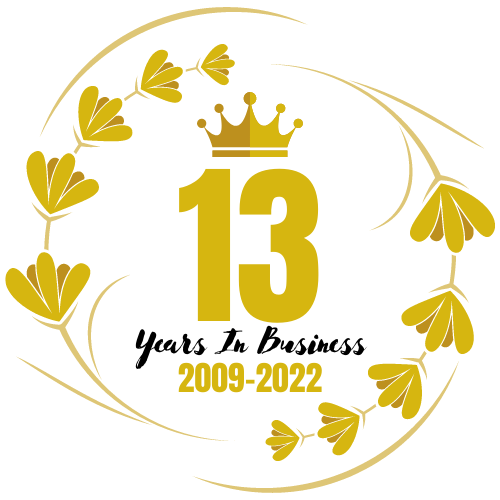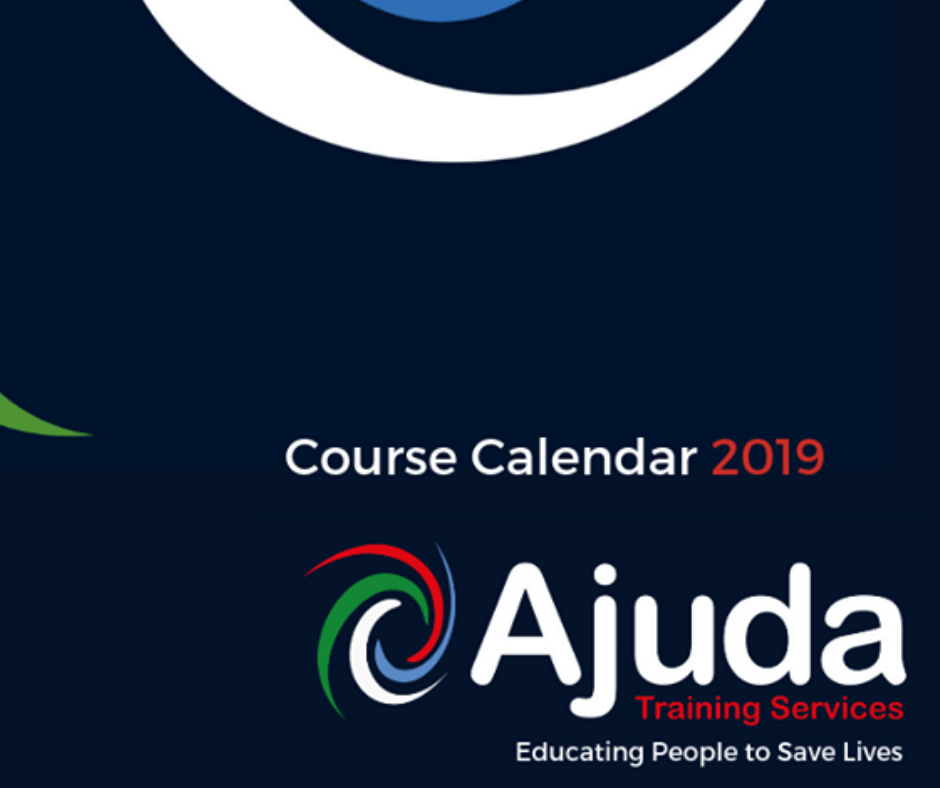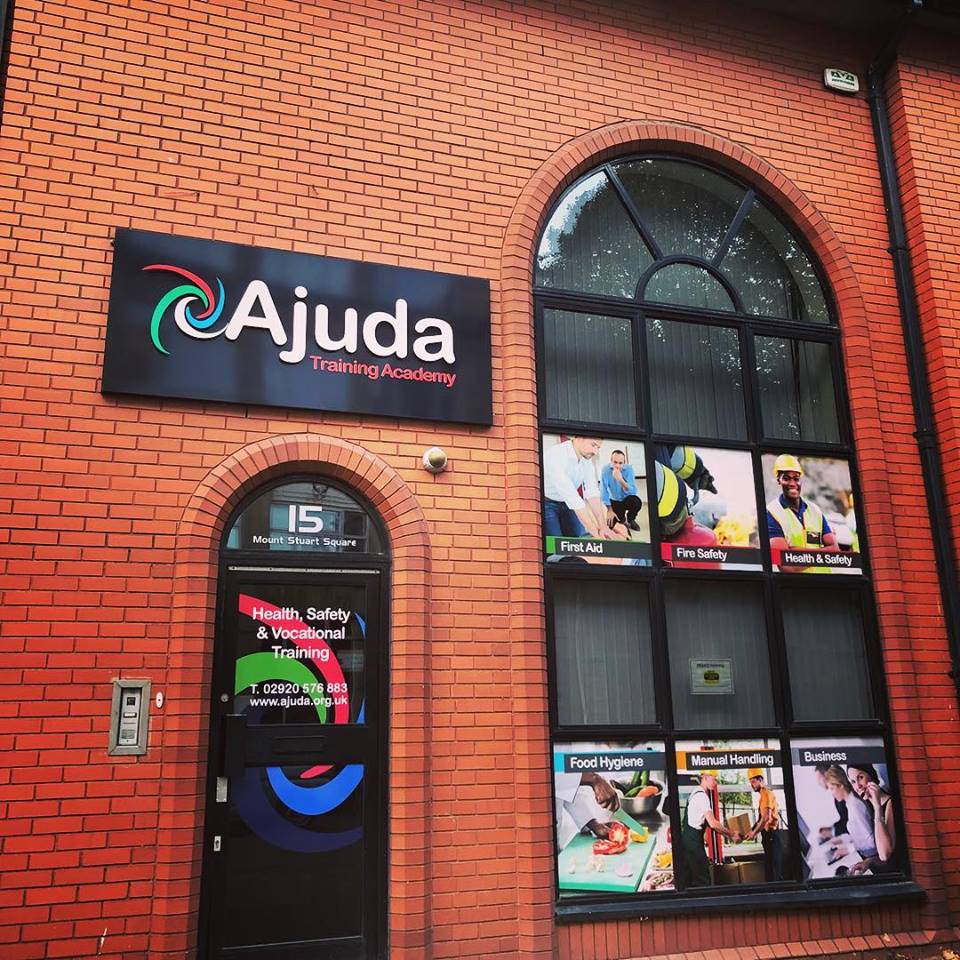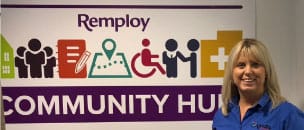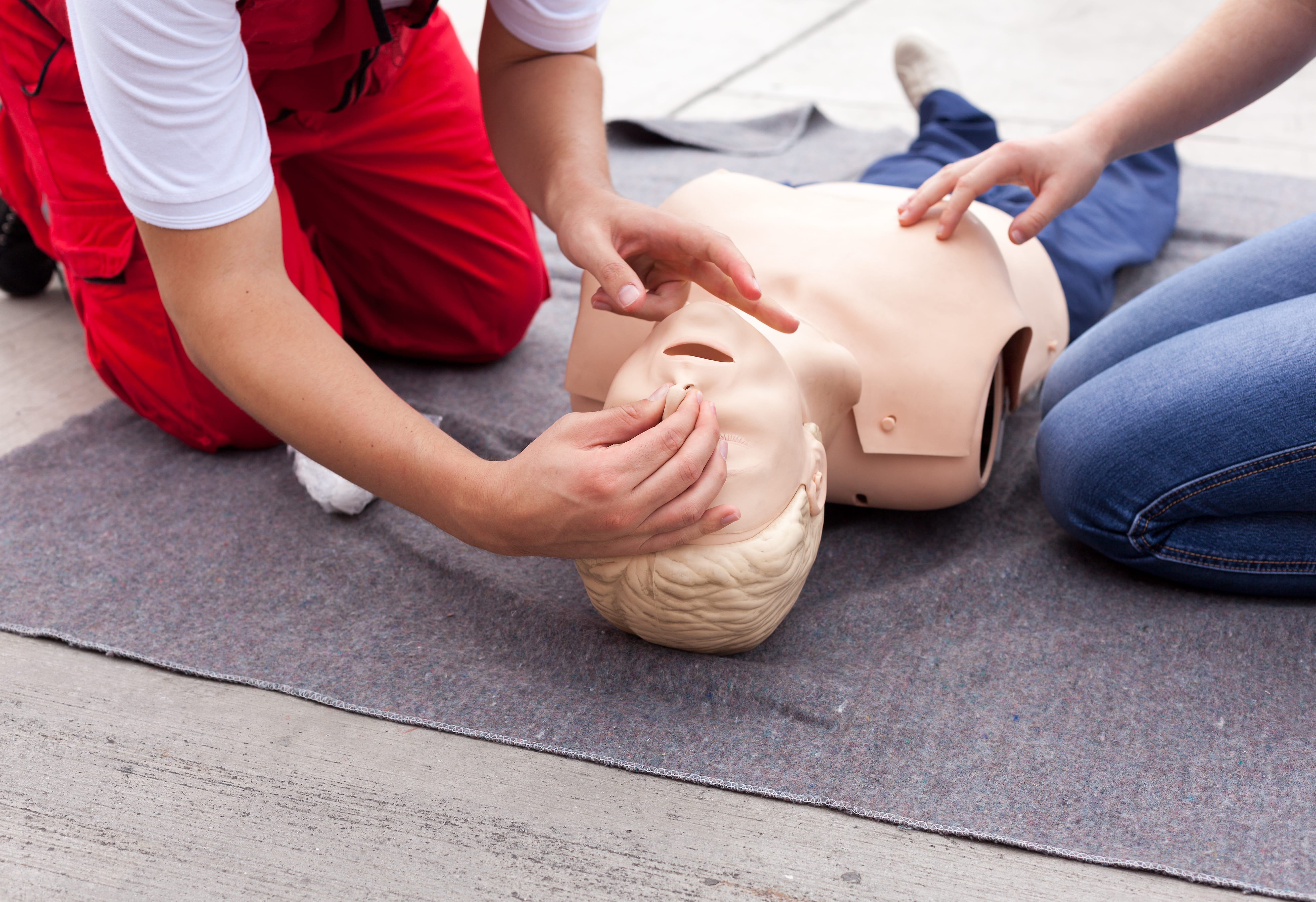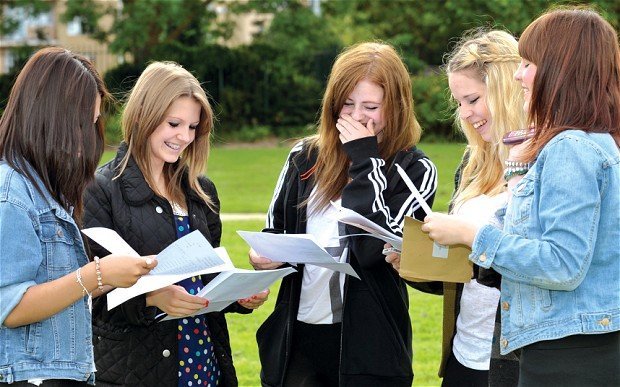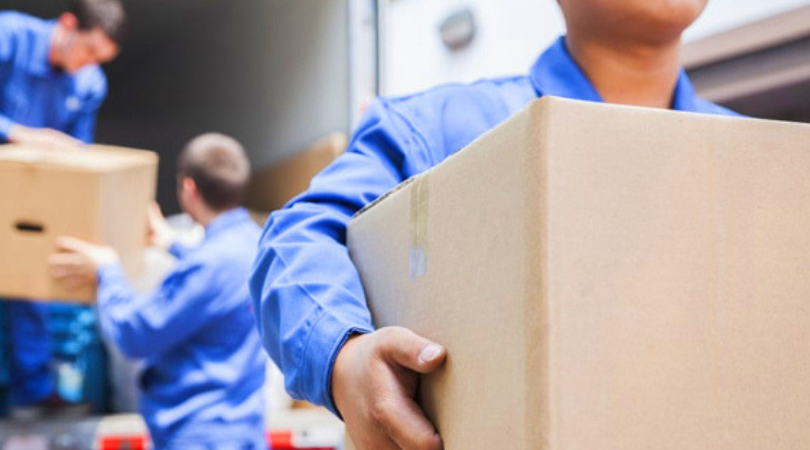As soon as we have the warm weather in Britain it’s time to get out side, and enjoy al fresco living. Clean up those bbqs that are in the shed, go for a picnic, visit the beach and enjoy the outdoors.

But it’s easy to forget that as the temperature rises, so does your chance of getting sick from contaminated food. Bacteria thrives in warmer conditions and people are cooking outdoors frequently—away from sinks, refrigerators, and kitchen thermometers.
What can you do to avoid the unpleasant experience of food poisoning this summer?

1. Stay Clean
Washing hands, surfaces, and food is one of the easiest ways to prevent foodborne illnesses. “In some cases people know about the basics but they don’t always do them, and obviously these practices are well worth the time,” says Shelley Feist, executive director of the Partnership for Food Safety Education.
Always wash hands with soap and water for at least 20 seconds before and after handling food. If you are outdoors without access to a sink, use antibacterial hand sanitizer as an alternative.
Rinsing fruits and vegetables is as simple as running tap water over them, but without access to running water it can be difficult. Washing your food before packing it in your picnic basket will ensure that the food is clean–even if your camp site doesn’t have fresh water.

2. Separate Raw Food
During barbeque season it can be more difficult to avoid cross-contamination because there’s often less access to clean surfaces and dishes. “When raw meat goes on the grill you can’t put it back on the same platter you brought it out on,” says Feist. Have an extra plate on hand or thoroughly wash any utensil, dish, or surface that has touched raw meat or seafood with hot, soapy water before reusing.
Cross-contamination can also occur when traveling if raw meat, seafood, and poultry aren’t wrapped properly. Carefully wrap food and place it in a separate cooler (or at the bottom of the cooler) to prevent any raw juices from leaking and contaminating other foods.

3. Cook Food Thoroughly
Don’t depend on the colour of meat or seafood to determine whether or not it’s cooked thoroughly. “Consumers are stubbornly stuck on visual indicators but, for both quality and safety, using a thermometer gives you an idea that it’s safe and not overcooked,” says Feist.

4. Keep Cold Food Cold
Traditional picnic baskets may look pretty, but they won’t keep your food at a safe temperature for long. And since it’s necessary to discard any food that has been left out in the summer sun for more than two hours (one hour if the temperature exceeds 90 degrees), choose a well-insulated cooler filled with ice instead.
Though a cooler is never an ideal replacement for a refrigerator because a home refrigerator should be kept at 40 degrees or below, there are four easy ways to slow down the growth of harmful bacteria:
- Keep coolers out of direct sunlight and use separate food and beverage containers to help maintain a lower temperature. On a hot summer day, you should be drinking plenty of water so the beverage cooler will likely be opened (and thus exposed to warmer temperatures) more frequently.
- Nestle bowls of summer salads in larger bowls of ice to direct cooling and insulate food.
- Full coolers tend to stay cold longer. If your cooler has empty space, fill it with ice.
- If traveling by car, don’t store your cooler in the trunk—the temperature is typically lower in the passenger area.
If you’re interested in knowing more about Food Hygiene we regularly run courses at our Training Academy in Cardiff Bay.
Or you can take a look at our online courses here.
